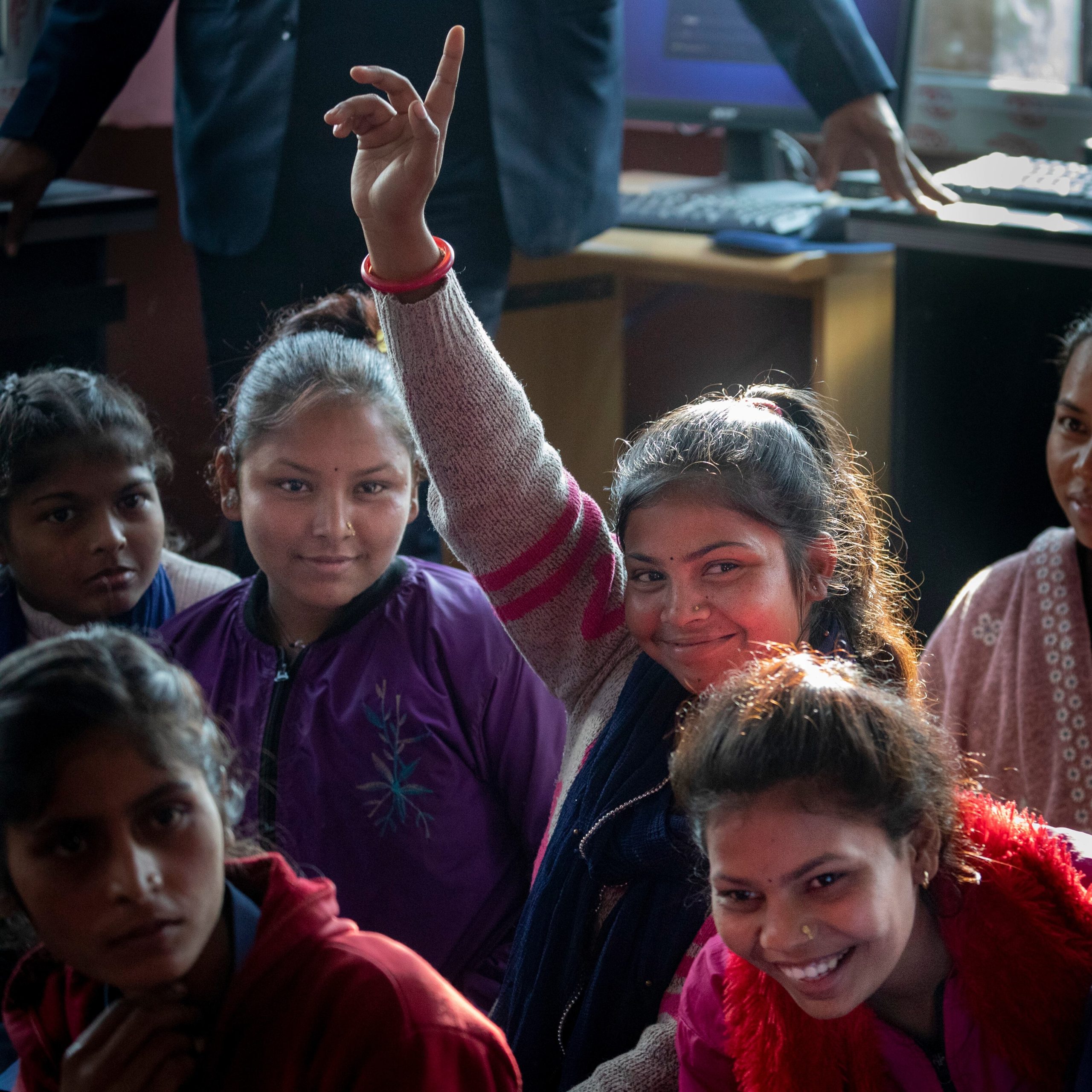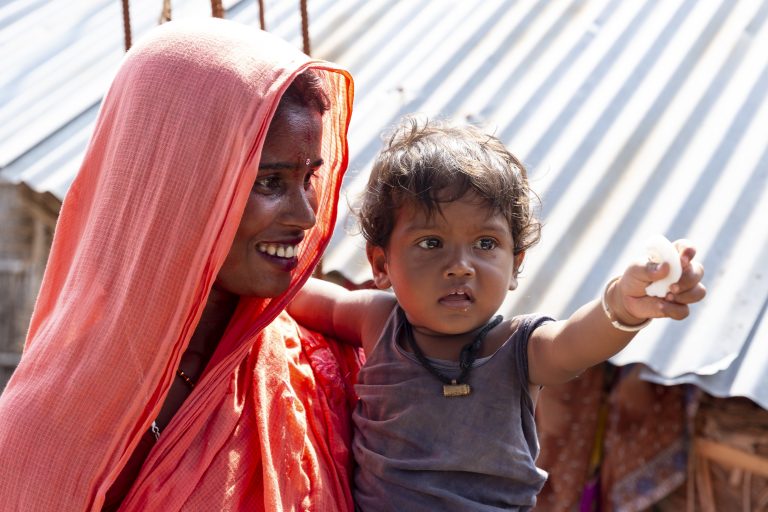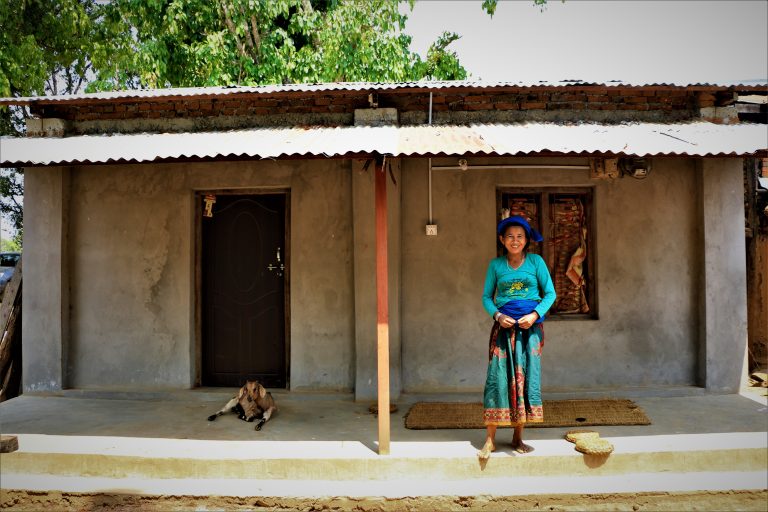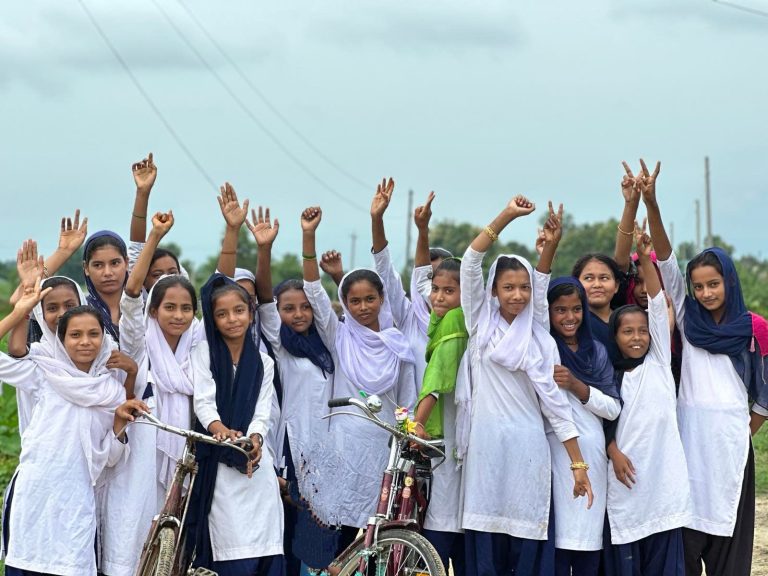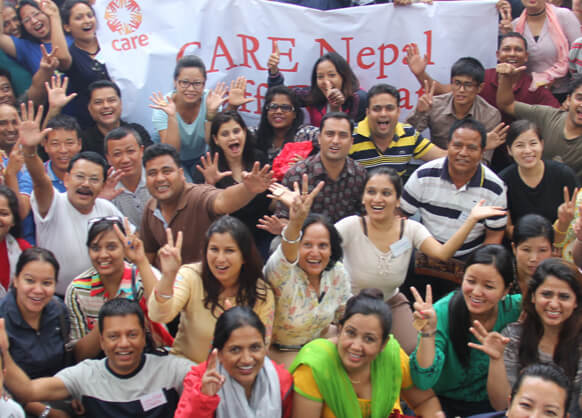CARE’s Tipping Point initiative focused on addressing the root causes of child, early and forced marriage (CEFM), promoting the rights of adolescent girls through community-level programming and evidence generation. The Tipping Point initiative identified the root causes of child, early, and forced marriage and facilitates innovative strategies to create alternative paths for adolescent girls. The project also sought to influence the way policymakers, donors, researchers, and civil society approach the issue of child marriage, specifically to steer the global discourse beyond short-term solutions. The program was implemented in three phases in Nepal.
Phase 1 (2013-2017): Engage in formative, participatory research to inform innovative and iterative learning-driven programming activities; build local capacity for programming that includes a social norms approach and especially explores collective action by and for girls; explore ways of effectively working on sexuality with adolescents and parents; and create connections across local, national, and global advocacy efforts.
Phase 2 (2017-2020): Harvest the evidence and learning from Phase 1 and develop and test programming packages linked to the theory of change (TOC) and the four programming pillar areas:
- Adolescent sexual and reproductive health and rights (ASRHR);
- Access to alternative opportunities for adolescent girls;
- Integration of a social norms approach; and
- Girl-centered movement building.
Phase 3 (2020-2023): Utilize the evidence base and critical learning from Phase 2 to systematically institutionalize core programming approaches across CARE’s adolescent girls’ rights and empowerment work and influence policy makers, practitioners and donors globally. Be a sustainable support to girls’ rights movements.
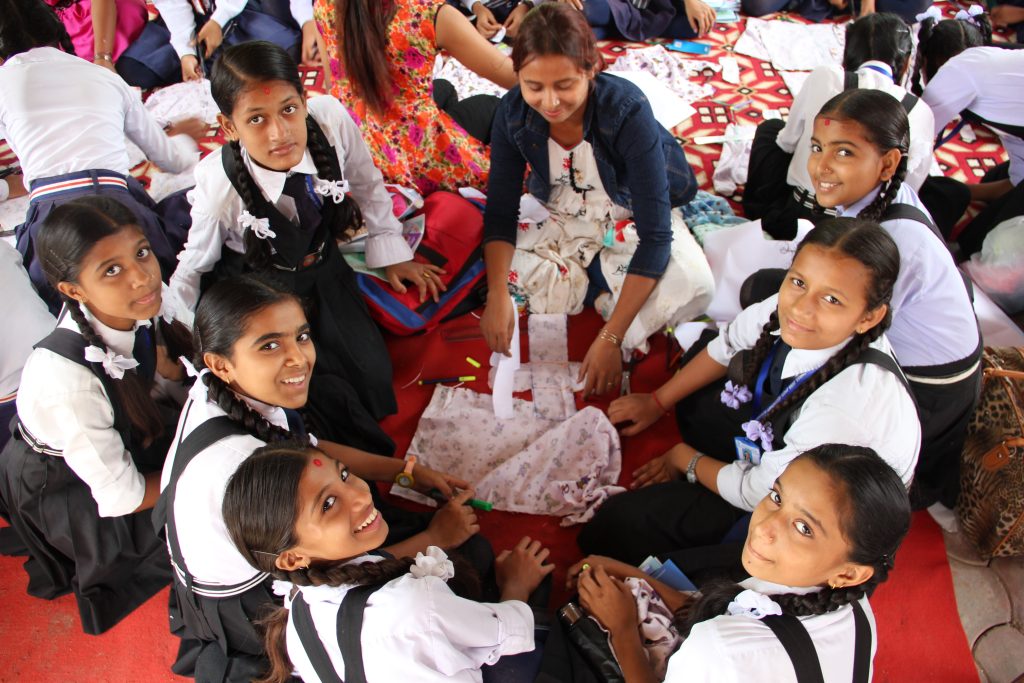
Working Areas
| District | Intervention Area | Name of Partner |
| Rupandehi | Omsatiyamai Rural Municipality | Siddartha Samudiyak Samaj (SSS) WOREC |
| Mayadevi Rural Municipality | ||
| Shuddhodhan Rural Municipality | ||
| Marchawari Rural Municipality | ||
| Gaidahawa Rural Municipality | ||
| Rohani Rural Municipality | ||
| Siyari Rural Municipality | ||
| Marchawarimai Rural Municipality | ||
| Kotahimai Rural Municipality | ||
| Sammarimai Rural Municipality | ||
| Devdaha Muncipality | ||
| Tillotama Municipality | ||
| Sainamaina Muncipality | ||
| Lumbini Sanskritik Municipality | ||
| Kapilvastu | Kapilvastu Municipality | Dalit Social Development Center (DSDC) WOREC |

